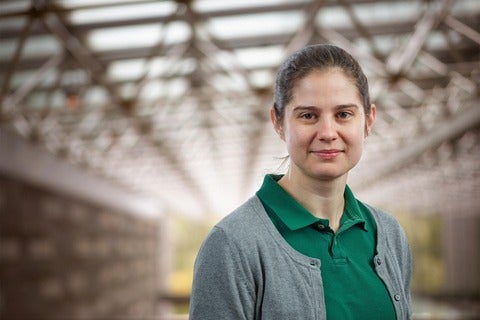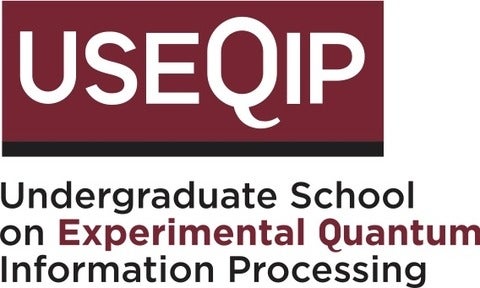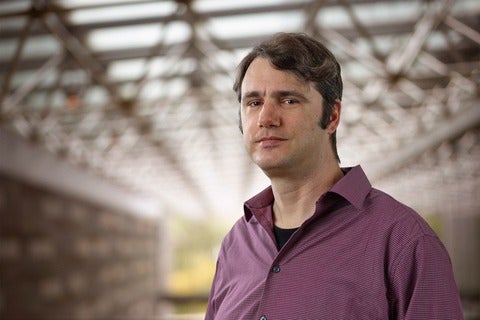Asymptotic limits in quantum frequency estimation
Jan Haase, Universität Ulm
Whenever one is tempted to employ a quantum system for any kind of applications, the focus usually lies on two properties setting it apart from a system described by a classical theory, namely the coherent superposition of different quantum states and entanglement between two ore more constituents forming the system.

 I give an overview of trapped ion quantum information experiments and discuss prospects for implementing multi-valued quantum logic using trapped ions.
I give an overview of trapped ion quantum information experiments and discuss prospects for implementing multi-valued quantum logic using trapped ions.

 Jon Yard, IQC
Jon Yard, IQC Surface acoustic waves (SAWs) are acoustic phonons that travel along the surface of a material and have been used for a wide variety of purposes, from RF filters to acoustic cavities to biosensors.
Surface acoustic waves (SAWs) are acoustic phonons that travel along the surface of a material and have been used for a wide variety of purposes, from RF filters to acoustic cavities to biosensors.